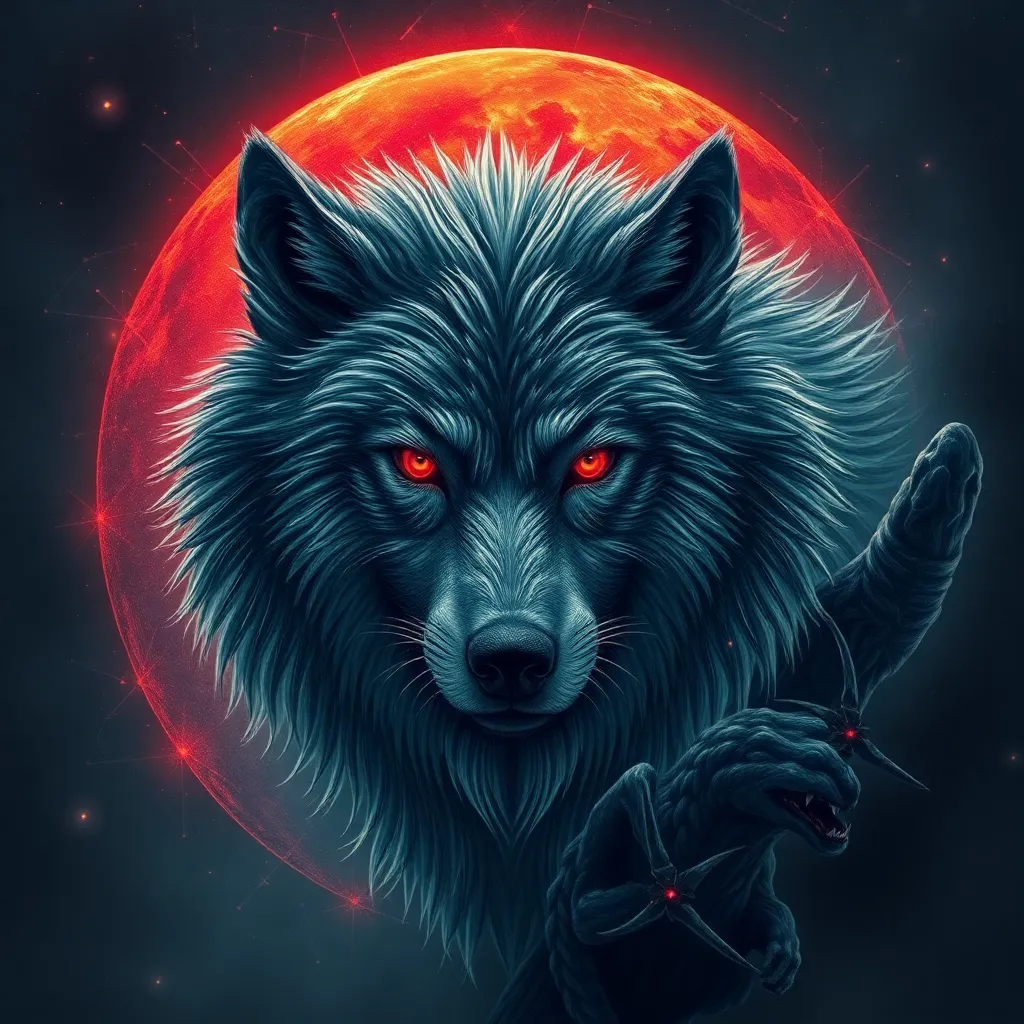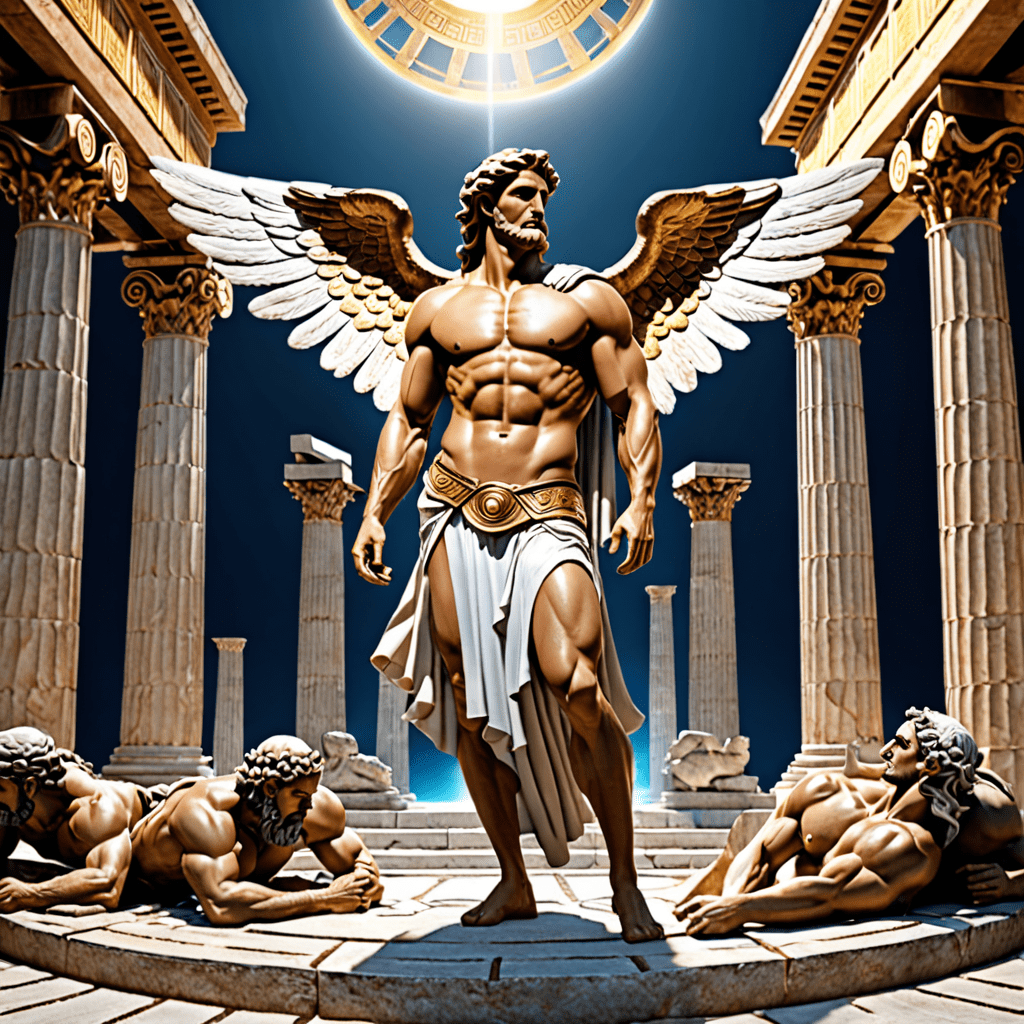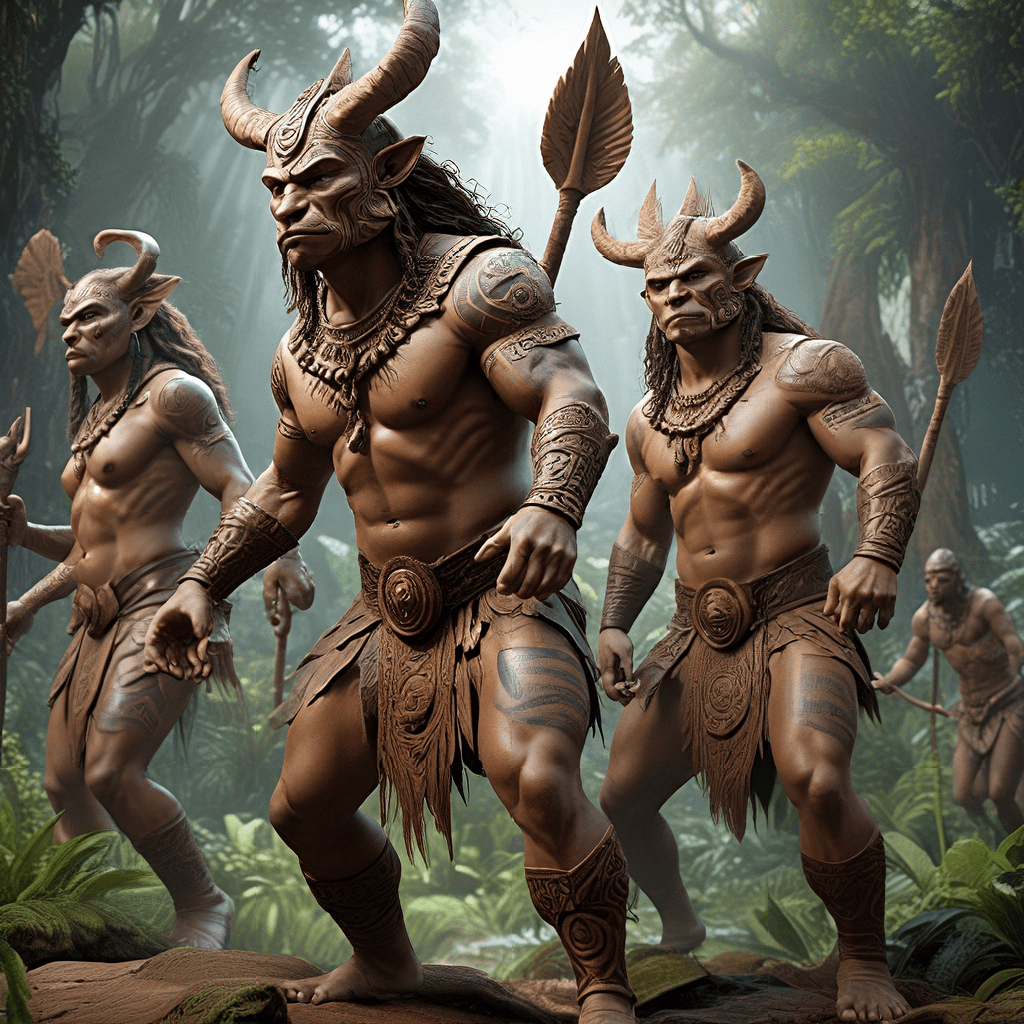The Symbolism of the Eagle: A Majestic Creature in Mythology
Introduction to the Eagle in Mythology
The eagle has long been regarded as a powerful symbol across various cultures and mythologies. Its majestic presence, soaring flight, and keen eyesight make it a creature that embodies strength, freedom, and a connection to the divine. Throughout history, the eagle has been woven into the fabric of mythological narratives, serving as a representation of gods, spirits, and the ideals that societies hold dear. This article explores the multifaceted symbolism of the eagle in mythology, examining its significance across different cultures and eras.
The Eagle in Ancient Civilizations
In ancient civilizations, the eagle was often associated with the divine and royalty, serving as a bridge between the earthly and the celestial.
- Representation in Egyptian mythology: The eagle-headed god Horus, who was believed to be the protector of the pharaohs, symbolizes kingship and the sky. Horus’s association with the eagle highlights its importance as a guardian and a symbol of power.
- The significance of the eagle in Roman culture: The eagle was the emblem of the Roman Empire, representing strength, courage, and the might of Rome. It was often depicted on standards, coins, and monuments, showcasing its role as a symbol of imperial authority.
Eagles in Native American Mythology
Among Native American tribes, the eagle holds a sacred place, embodying spiritual significance and serving as a messenger between humans and the spirit world.
- The eagle as a spiritual messenger: Many tribes believe that eagles carry prayers to the Great Spirit, making them vital in spiritual ceremonies.
- Variations in symbolism among different tribes:
- The Lakota people regard the eagle as a symbol of courage and wisdom, often using eagle feathers in rituals to signify honor.
- The Hopi tribe views the eagle as a symbol of strength and is associated with the sun, representing life and renewal.
The Eagle in Greek and Roman Mythology
In Greek and Roman mythology, the eagle is frequently associated with powerful deities, symbolizing authority and dominance.
- The association of the eagle with Zeus and Jupiter: In both Greek and Roman traditions, the eagle is the sacred bird of Zeus (or Jupiter), the king of the gods. This connection emphasizes the eagle’s role as a symbol of divine power.
- Myths involving eagles: Stories such as the tale of Prometheus, who was punished by having his liver eaten by an eagle, illustrate the bird’s representation of both strength and retribution.
Eagle Symbolism in Eastern Cultures
The eagle also holds significant symbolism in Eastern cultures, often representing strength, bravery, and resilience.
- The eagle in Chinese mythology: The eagle is seen as a symbol of strength and bravery, often associated with the sun and the idea of rising above challenges.
- The role of the eagle in Persian mythology: In Persian culture, the eagle symbolizes power and nobility, often depicted in art and literature as a majestic figure soaring high in the sky.
Modern Interpretations of Eagle Symbolism
In contemporary society, the eagle continues to embody ideals of freedom, strength, and national identity.
- The eagle as a national symbol:
- In the United States, the bald eagle represents freedom and independence, serving as the national bird and emblem.
- In Mexico, the golden eagle symbolizes strength and resilience, prominently featured in the national coat of arms.
- The eagle in contemporary art and literature: The eagle is often depicted as a source of inspiration and a symbol of human aspiration, representing the pursuit of freedom and greatness.
The Eagle as a Spiritual Guide
The eagle’s symbolism extends into the realm of spirituality, where it is often viewed as a guide in personal transformation.
- The role of the eagle in shamanistic practices: Many shamanic traditions view the eagle as a powerful spirit animal, guiding individuals through spiritual journeys and facilitating connections with higher realms.
- Symbolism of the eagle in personal transformation: The eagle represents the ability to rise above challenges and transform one’s life, embodying the spirit of empowerment and resilience.
Environmental Symbolism and Conservation
The eagle also serves as a potent symbol of nature and the importance of environmental conservation.
- The eagle as a symbol of nature: As a top predator, the eagle plays a crucial role in maintaining ecological balance, representing the health of ecosystems.
- Efforts in conservation: Various conservation initiatives aim to protect eagle populations and their habitats, recognizing their significance in biodiversity and environmental health.
Eagles in Heraldry and National Emblems
Historically, the eagle has held a prominent place in heraldry and as a royal symbol, representing valor and nobility.
- Historical significance of the eagle in heraldry: The eagle has been used in coats of arms and emblems for centuries, symbolizing power and authority.
- Comparison of eagle representation in various coats of arms: Different cultures depict eagles in various ways, each reflecting their unique values and beliefs.
Conclusion: The Enduring Legacy of the Eagle
The eagle’s multifaceted symbolism in mythology and culture underscores its enduring legacy as a powerful emblem of strength, freedom, and spirituality. Across various civilizations, the eagle continues to inspire awe and reverence, reminding us of the qualities we aspire to embody. As we navigate the complexities of the modern world, the eagle remains a timeless symbol of empowerment and the connection between humanity and the divine.



